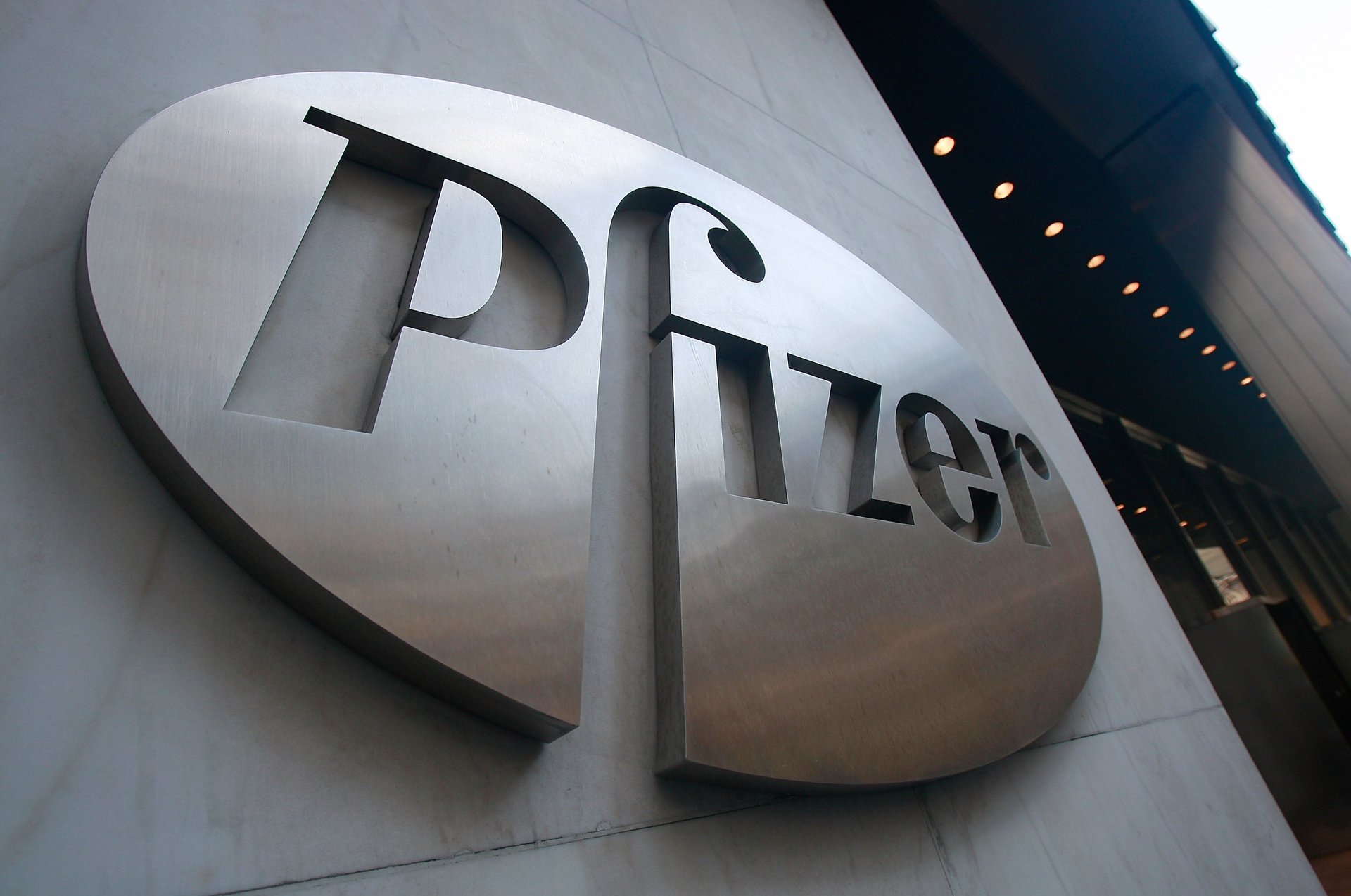Pfizer is betting on next-gen cancer drugs to offset slowing demand for COVID vaccines
Pfizer expects cancer drugs developed by Seagen, the biotech company it acquired last year, to generate $10 billion in sales by 2030

Pfizer (PFE) is betting that next-gen cancer therapies will be a key part of its business as demand for COVID vaccines continue to dwindle.
Suggested Reading
The pharma giant expects that cancer drugs developed by Seagen, a biotech company it acquired last year, could generate $10 billion in yearly sales by 2030, the Wall Street Journal reported.
Related Content
Pfizer (PFE) bought Seagen in March of 2023 for a whopping $43 billion. The Seattle-based biotech is known for developing antibody drug conjugates that when combined with chemotherapy are designed to kill tumors while sparing healthy cells.
Chris Boshoff, Pfizer’s head of cancer, told that outlet that he hope to maintain most of Seagen’s top talent by allowing it to operate as a biotech firm within Pfizer.
The company’s multi-billion dollar gambit comes as it facing diminishing demand for its once best-selling COVID vaccine and major drug patent expirations this decade.
In a recent report, S&P Global (SPGI) said that Pfizer had a intermediate financial risk profile — noting that a decline in sales in COVID-19 related products in recent years has significantly reduced overall revenues at Pfizer.
In 2023, sales of Pfizer’s COVID vaccine fell 70% in 2023 to $11.2 billion, down from $37.8 billion in 2022. Sales of the jab in the most recent quarter fell 87% year over year to $195 million.
In response, Pfizer has initiated cost-saving programs, but so far investors are not impressed. The company’s stock is fallen 20% in the past 12 months.
Pfizer is also poised to face new competition from generic drugs for several of its best-selling medications this decade as their patents expire, resulting in lower prices and reduced revenue.
Patents for the company’s top blockbuster drugs Eliquis and Ibrance will expire in 2026 and 2027, respectively.